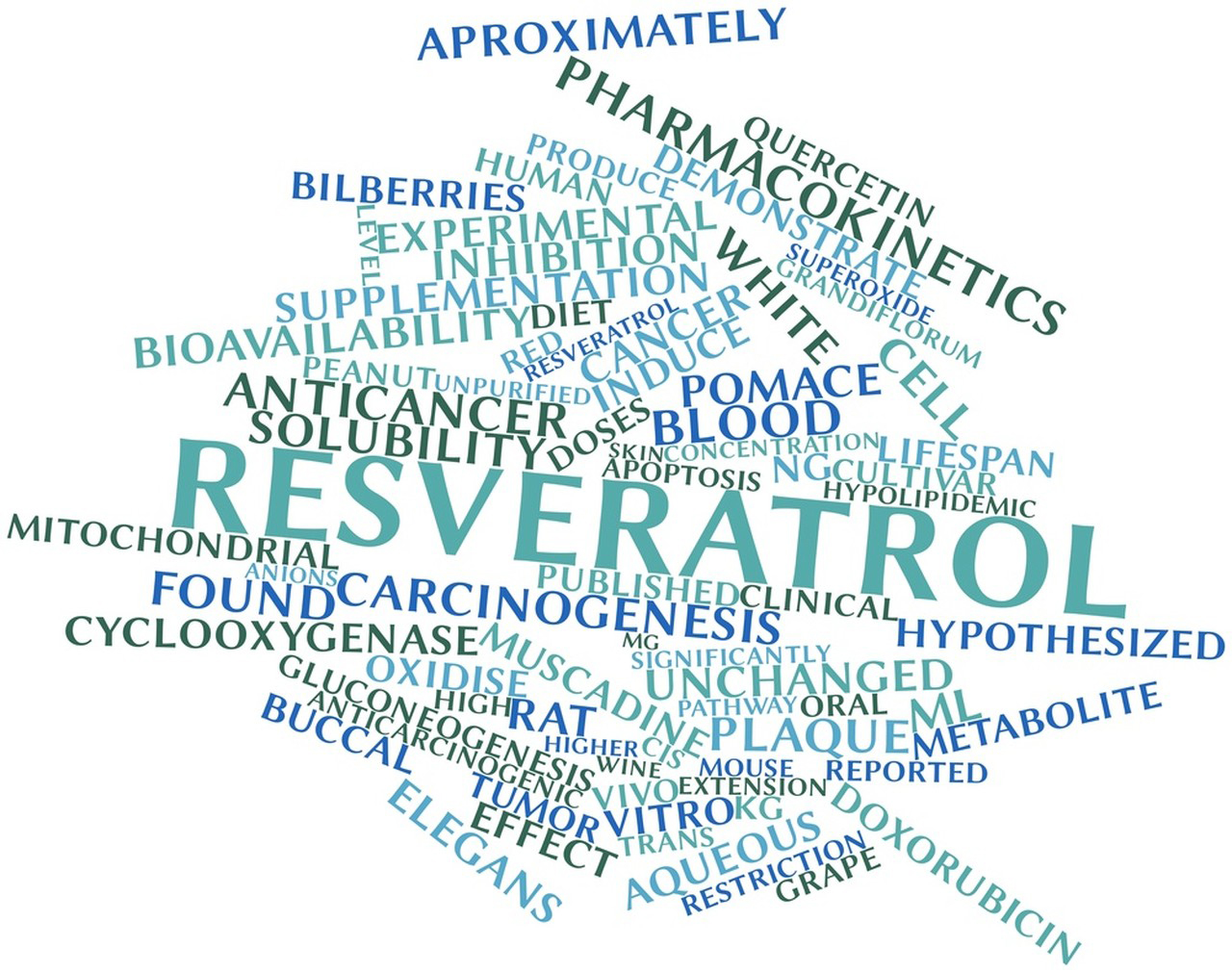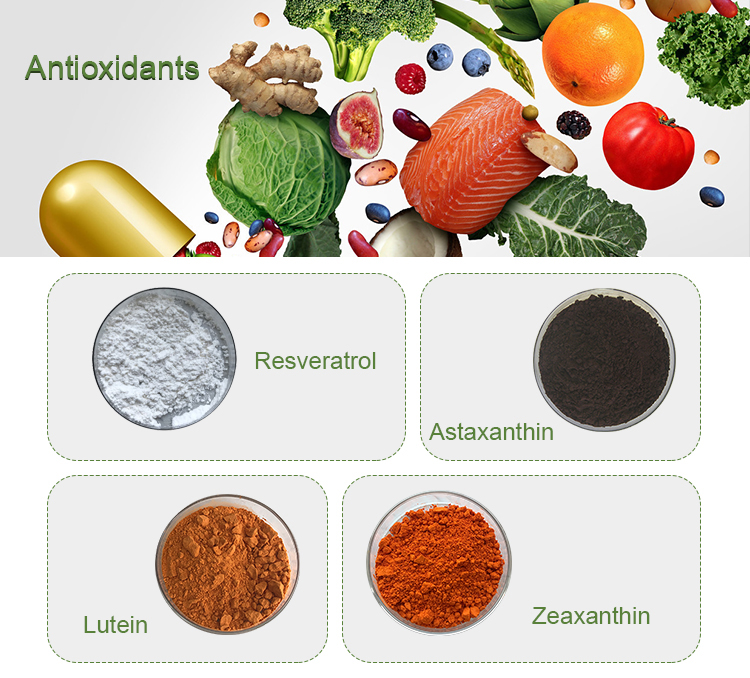Resveratrol is a natural polyphenol compound found in certain plants, such as grapes, red wine, and some berries. It has gained attention for its potential health benefits, but its effectiveness, side effects, and special considerations should be understood.

Effectiveness of Resveratrol:
Antioxidant Properties: Resveratrol is known for its antioxidant properties, which can help protect cells from damage caused by free radicals. This may be beneficial in reducing oxidative stress and inflammation.
Heart Health: Some studies suggest that resveratrol may have a positive impact on heart health by improving blood flow, reducing LDL cholesterol levels, and lowering blood pressure. However, the results are not conclusive.
Anti-Inflammatory: Resveratrol has been investigated for its potential anti-inflammatory effects, which could be beneficial in conditions where inflammation plays a role, such as arthritis.
Anti-Cancer: Some research has indicated that resveratrol may have anti-cancer properties. It may help inhibit the growth of cancer cells and prevent the spread of tumors. However, more research is needed in this area.
Longevity: Resveratrol has been associated with increased lifespan in some animal studies, although this has not been proven in humans.
Side Effects of Resveratrol:
Gastrointestinal Issues: Some people may experience stomach discomfort, diarrhea, or nausea when taking resveratrol supplements.
Interactions with Medications: Resveratrol can interact with certain medications, especially blood thinners like warfarin. It can also interfere with the metabolism of other drugs.
Allergies: Rarely, individuals may experience allergic reactions to resveratrol supplements, which can lead to symptoms like itching, swelling, or difficulty breathing.
Estrogenic Effects: Resveratrol has weak estrogen-like effects, which could potentially affect individuals with hormone-sensitive conditions like breast cancer. Consult a healthcare provider if you have such concerns.
Special Considerations of Resveratrol:
Dosage: The appropriate dosage of resveratrol varies based on individual health goals. It’s important to follow recommended dosages on product labels or consult with a healthcare provider for personalized guidance.
Source: Resveratrol is found in foods like red wine and grapes, but the levels are relatively low. Supplements are often used to achieve higher doses, but the quality and purity of these supplements can vary.

Consult a Healthcare Provider: If you are considering resveratrol supplements, it’s advisable to consult with a healthcare provider, especially if you have underlying medical conditions or are taking medications.
Diet and Lifestyle: It’s important to remember that while resveratrol supplements may offer certain benefits, a healthy diet and lifestyle are still crucial for overall well-being.
Research Limitations: Much of the research on resveratrol is in its early stages, and more high-quality studies are needed to establish its efficacy and safety conclusively.
In summary, resveratrol shows promise in various health aspects, but it’s essential to approach its use cautiously, particularly in supplement form, and under the guidance of a healthcare provider. Its effectiveness and safety may vary from person to person, and more research is needed to fully understand its potential benefits and risks.
